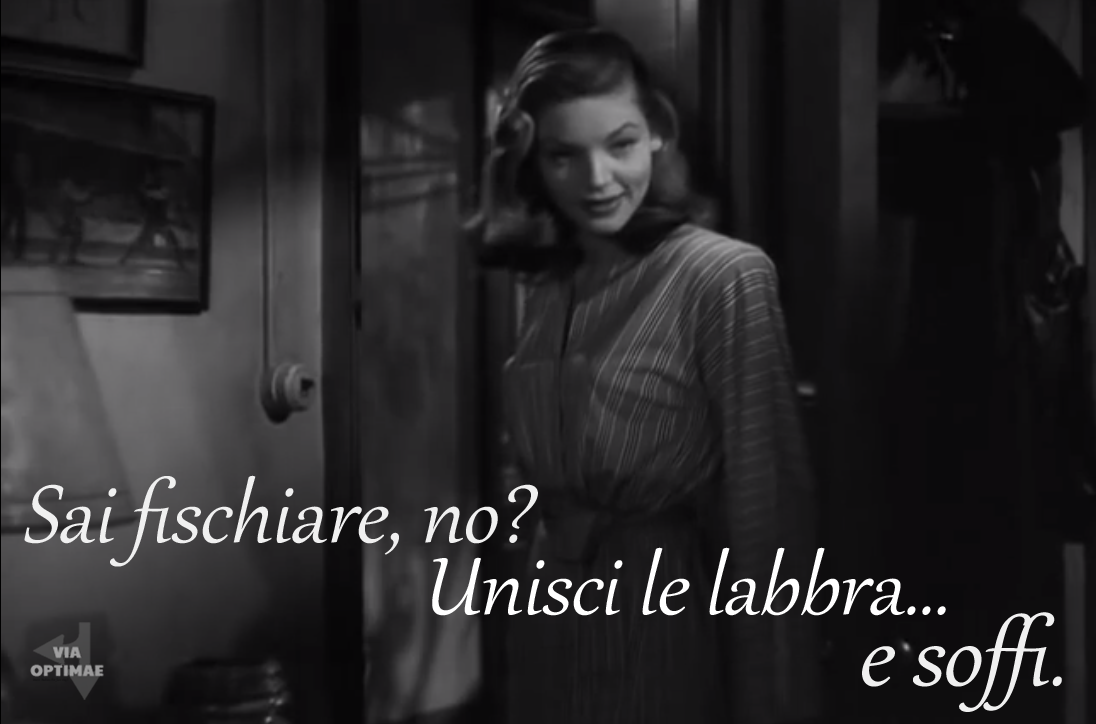 |
| UPDATE: Since its release in late November, Mondovisione has had enormous success and garnered many accolades and praise! |
Scroll down to see the song titles, play a matching game, and VOTE for which songs you'd like to see covered on VIA OPTIMAE next!
Ligabue's tenth album Mondovisione recently released in Italy. Many have said it is the most "political" of all his albums but Ligabue sees it as expressing of his sentiments— something he has tried to do in all of his albums.
"Questo non è un disco politico, perché anche le canzoni d'incazzatura sono canzoni sentimentali."
—Luciano Ligabue
"This is not a political album, because even songs about being pissed off are sentimental songs"
The album has been met with enormous success in Italy and I personally can't wait to buy the mp3 version when it becomes available through a US site (so far, I could only find an imported CD available through amazon.com) but I've been enjoying listening online in the meantime:
(Having problems with the embedded player? Listen on grooveshark.com)
I learned a lot of Italian by listening to Italian songs in general and Ligabue's music in particular. Going over the song titles and lyrics, there were several that peaked my interest and that I think would be interesting to discuss their meaning and translation.
Explore the song titles and their rough English translations by playing this little timed matching game:
Hint: Game displays 8 of the 14 song titles at a time, so play more than once to see them all, and improve your time! You can also "View this study set" to see them as flashcards or a list.
What do you think? Let me know which songs interest you the most and we'll cover those first! You can COMMENT on this post below, or vote via FACEBOOK.
[Note: 'Capo Spartivento' and 'Il suono, il brutto e il cattivo' are instrumental tracks]
I already covered the album's first single 'Il Sale della Terra'…in case you missed it:
 ...
...
"Il sale della terra" music video, testo in italiano and lyrics in English.
I'm anxiously awaiting your input!
In the meantime…
Happy listening!
-Alex
More advanced readers may also enjoy:
Mondovisione – Luciano Ligabue: la recensione
A full, song-by-song review in Italian from lamusicarock.com.




![tutti i (day of week) or tutte le domeniche [every (day of week)] by ab for viaoptimae.com tutti i (day of week) or tutte le domeniche [every (day of week)] by ab for viaoptimae.com](https://blogger.googleusercontent.com/img/b/R29vZ2xl/AVvXsEg9wrASA15ujhwBsaCAy6jrzmzBZfkEVhmdnEOM3Xz30HC3X_zqubu4qX6WjIzwdDOGQjicEtlXgJp8NMPbOvHGDFJPo5A8aVbqXMuOQcac-RICM0EAQU7lSVZQFSTnHf8cKkJ_-Ox3qp0B/s1600/tutti+i+or+tutte+le+day+of+week+by+ab+for+viaoptimae.com.png)












